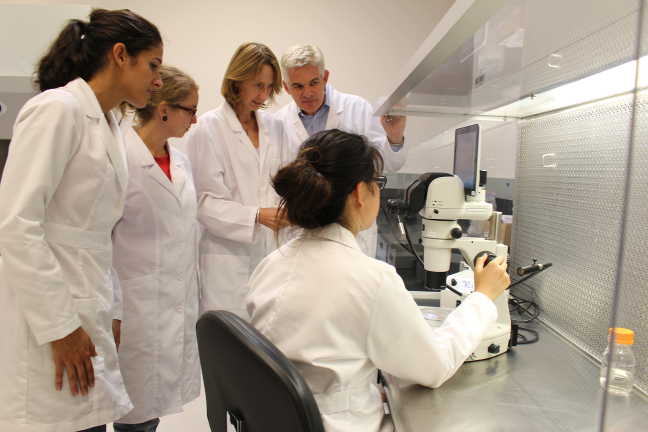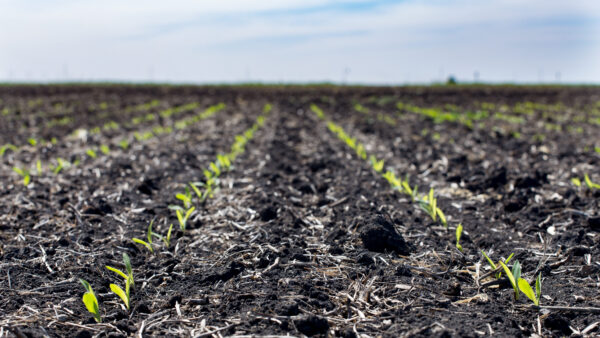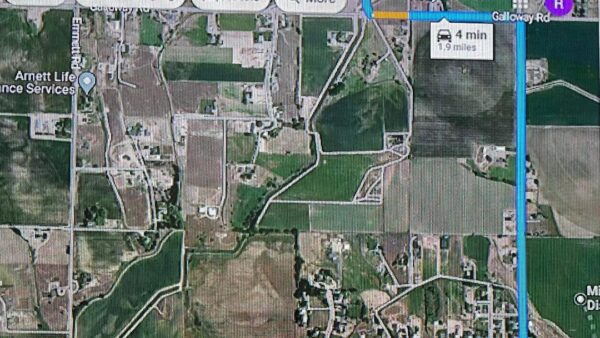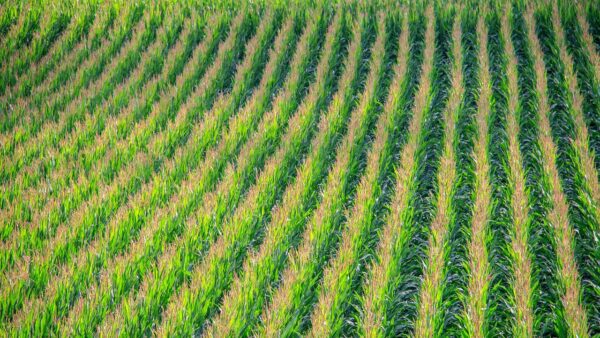California’s BioConsortia Inc. is granted a patent for its Advanced Microbial Selection (AMS) process by the U.S. Patent and Trademark Office. Issuance of the patent marks an important milestone in the company’s development, protecting its prominent position in the arena of plant microbiome research and affording BioConsortia a unique, proprietary R&D platform to rapidly identify teams of microbes and develop products that protect and enhance crop yields.
The AMS technology transforms the approach to microbial R&D by reversing conventional methodology — putting efficient and harmonious plant colonization at the forefront of experimentation. Plants are grown through iterative rounds of plant-microbe selection and judged on a variety of yield-relevant phenotypic indicators including the ability to withstand environmental stresses. Selecting for the most favorable plant-microbe interactions in this way results in a rapid evolution of the plant microbiome towards a community enriched with beneficial microbes.
Plant gene expression and microbiome analyses performed throughout the process give insight into which organisms are contributing to the beneficial effects.
The main benefits of the AMS technology platform are that the microbes have been pre-selected through the process to be good plant colonizers. These microbes are compatible with and performing complementary functions to other microbes in the consortia, and survive the presence of standard chemical crop inputs.
New products can now be discovered and developed far more efficiently than by traditional microbial and plant breeding methods. A typical AMS experiment discovers several consortia ready for field testing after just nine months of research compared to multiple years using conventional methods.
The AMS patent is the first US patent granted from a series of patent applications filed by BioConsortia related to the AMS process and microbial consortia for plant enhancement.













